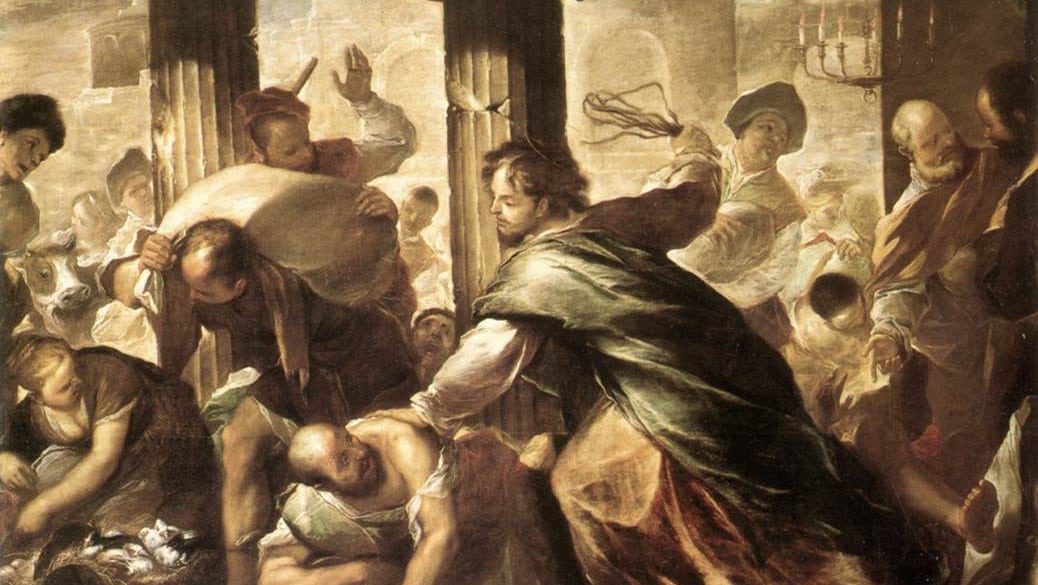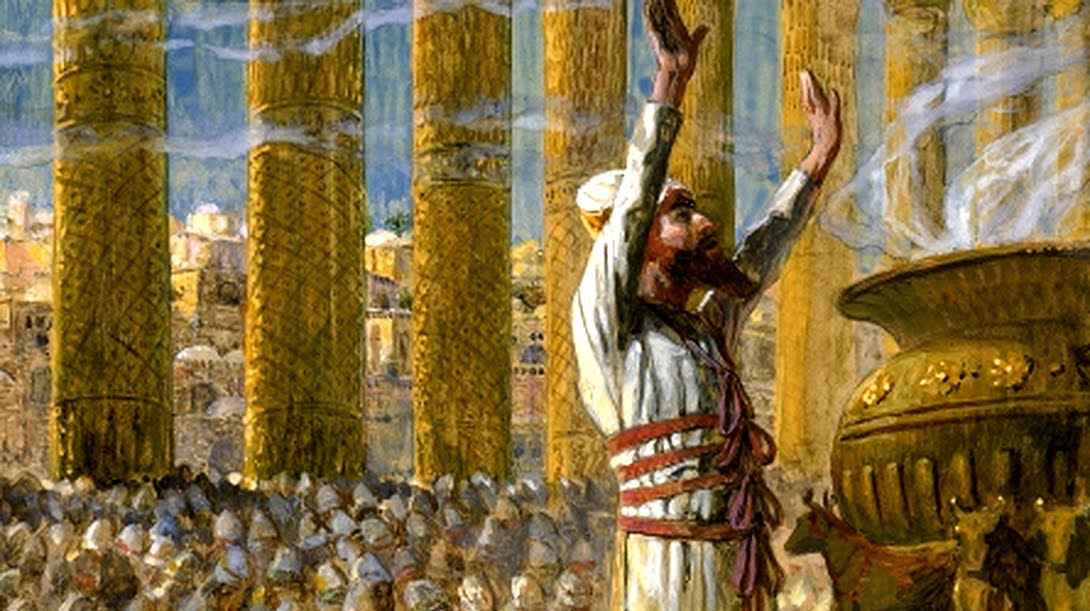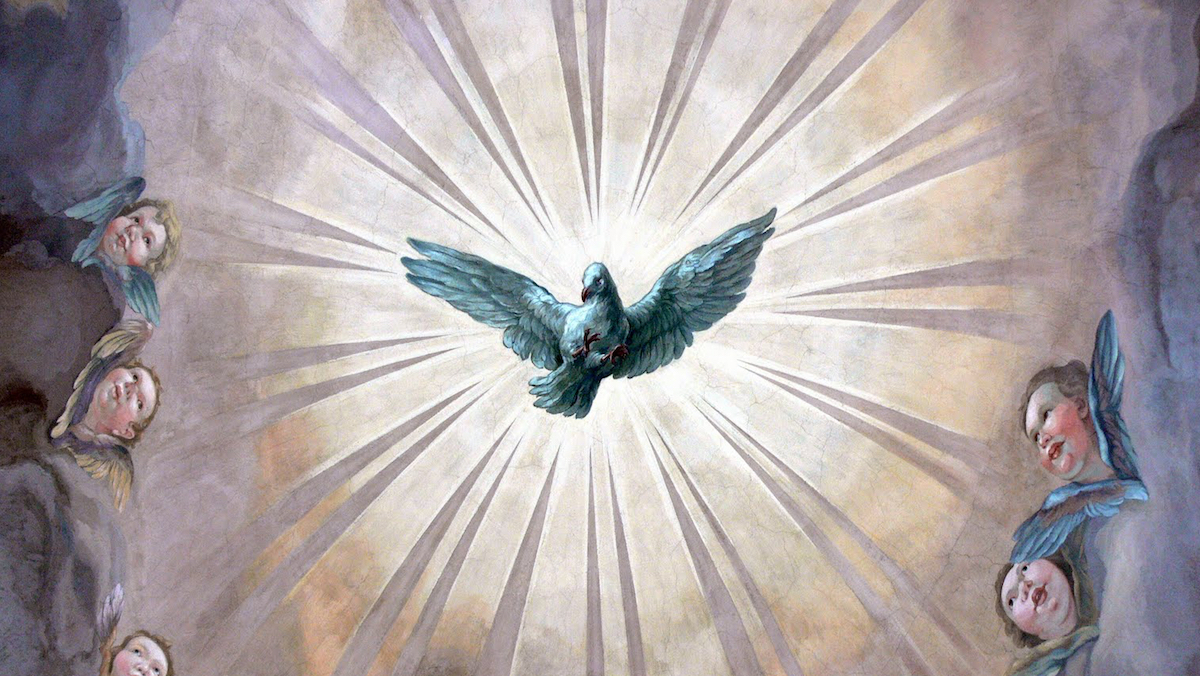Undoubtedly, quite a few of us might be shocked to learn about Jesus’ violent behavior towards the Temple establishment (cf. John 2:13-25). We have etched, deep in our minds, the picture of a Jesus meek and humble of heart. Thus, we tend to forget that the Bible gives ample space to expressions of God’s wrath and violent outbursts of anger against evil and evildoers, even though this happens, almost exclusively, in the Old Testament.
In the New Testament there are other instances in which Jesus displayed sheer anger, for example against the phony attitude of the Pharisees and the scribes or the lack of faith of the towns that resisted his call for repentance (cf. Luke 10:13), or the unfaithful generation asking for a sign before committing to his message (cf. Matthew 12:39).
All these considerations notwithstanding, we can tell that also the early Christians were shocked by Jesus’ displays of anger and violent behavior. Why this seemingly unbecoming behavior? This incident of the cleansing of the Temple is reported by all four evangelists; and in all four the shock is evident.
It should be pointed out right away that Jesus was not angry mainly for the apparent commercialization of things sacred and of holy places. The reasons for his wrath ran much more deeply. One reason was the failure of the priests and elders of the people to make the Temple into a house of prayer for all nations as expressed in Isaiah 56:7. The Hebrew upper echelon had created, instead, a system designed to keep that from happening so that worshiping in the Temple would be limited to authentic Hebrews with a sort of monopoly on God’s blessings and protection. The need for moneychangers itself evidenced the fact that the sheep and oxen for the sacrifices could not be purchased with Gentile currency because it had the effigy of the Roman emperor who considered himself a deity. Thus Jesus protests Israel’s failure to fulfill her universal mission to the whole world. He protests also Israel’s empty external trappings of ceremonial and sacrificial worship. He regrets the absence of his people’s heart in their prescribed forms of worship.
Jesus’ anger is also the result of the long-awaited need to pass from external, distant, sacrificial worship requiring the Temple to be “a marketplace,” to a spiritual type of worship pleasing to God in which the whole human being is directly and personally engaged.
“Take these (sheep, oxen) out of here.” (John 2:16)
Once we become aware of these two reasons for Jesus’ anger, we shall let John take us to a yet deeper level of understanding that became clearer and clearer in the minds and hearts of the early Church as she continued to meditate on this incident in the wake of Jesus’ crucifixion, death and resurrection.
“Zeal for your house consumes me” (cf. Psalm 69) introduces the idea that Jesus had to suffer most grievously in order to change the way his people could shift from traditional worship of animal sacrifices to offering spiritual, personal sacrifices acceptable to God.
A “Temple” would have to be destroyed; but it would not be the beautiful, yet obsolete, building standing in front of him and the Jewish religious establishment. Suddenly then, we are lifted by John to the ultimate plateau and it dawns on us that the oxen and sheep were no longer needed, the Temple itself had become useless since there was, right then and there, a new Victim to offer, once and for all (cf. Hebrews 10:10) the most acceptable sacrifice to the Father in the New Temple of his divine Body since the Passover of the Jews was near (cf. John 2:3).
At this time, let me add what could be a significant detail. While Matthew, Mark and Luke (the Synoptics) place this incident of the cleansing of the Temple at the end of Jesus’ public ministry as the proverbial straw that broke the camel’s back and forced the hand of the religious establishment to eliminate Jesus, John places it at the beginning of Jesus’ public ministry.
John’s message is clear: the full impact and meaning of Jesus’ public ministry, preaching, healing and sweeping changes can be fully appreciated and understood in their fullness only by interpreting them in light of Jesus’ ultimate sacrifice: his passion, death and resurrection. Thus, we are blessed with an unparalleled and most enviable position of having spent most of our life in the glow and splendor of Jesus’ passion, death and resurrection. This is what we live through at every single Holy Mass, at every one of our Eucharistic Celebrations.
How blessed we are!
Yet, with such an awesome blessing comes an equally awesome call. Being one with Christ we must approach our church of choice with the solemn realization that we are deliberately walking toward a free and generous act of uniting our bodies, our minds, and hearts to the holy sacrifice of Christ. There is no way God the Father would accept a simply exterior, vicarious sacrifice from us. He expects the sacrifice of our total self in union with Christ’s, every single time we do Eucharist together, without exception.
Therefore, I urge you, therefore, brothers and sisters, by the mercies of God, to offer your bodies as a living sacrifice, holy and pleasing to God, your spiritual worship. (Romans 12:1)
The result of this new, correct way of worshipping would turn into a challenge to anyone we meet. Wisely, we dare to voice this challenge only with full reliance on the Holy Spirit as we are painfully aware that our human strengths are ridiculously inadequate: “Destroy this temple and in three days I will raise it up.”
It must be the Holy Spirit drawing bold words from our hearts and placing them on our lips: “Destroy my body in loving service of my family and neighbor; destroy my body as it attends to your needs, my brother, my sister, and I know that, one day, Jesus, my Risen Lord, will raise it up, make it new and glorious and beautiful forever!”







